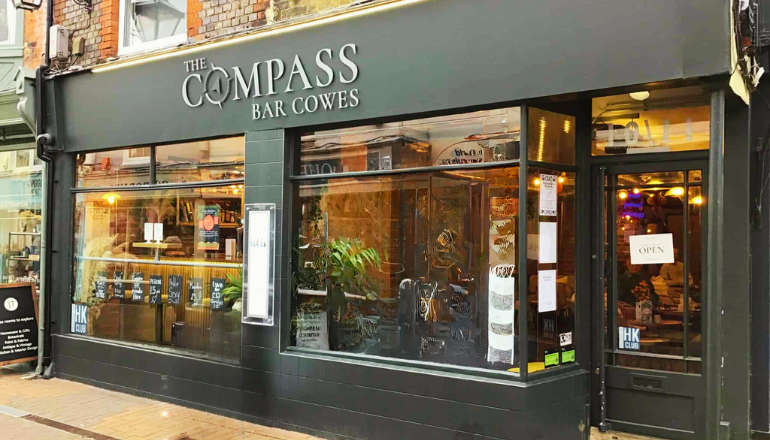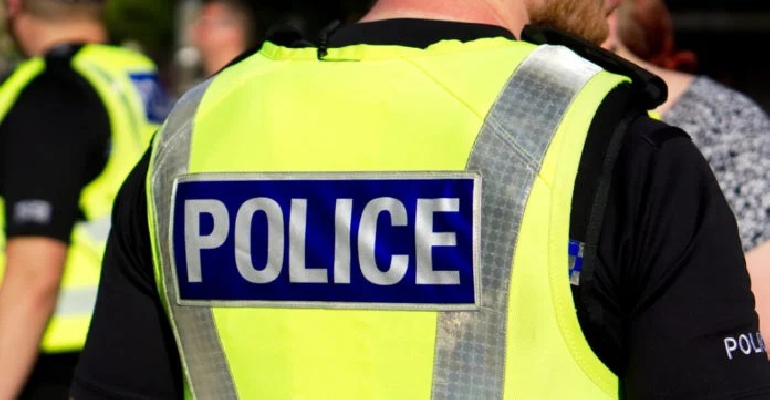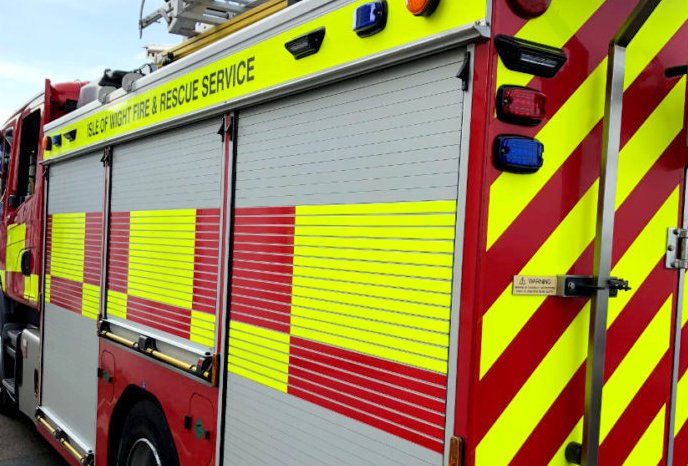The Isle of Wight Council is warning of several scams that are being used by fraudsters in the midst of the Coronavirus pandemic. The Council says unscrupulous criminals are exploiting fears about COVID-19 to prey on members of the public, particularly older and vulnerable people who are isolated from family and friends. Scams identified include doorstep crimes and those targeted at email and social media users. An Isle of Wight Council spokesperson said: "Communities are being urged to look out for signs of neighbours being targeted by doorstep criminals. "While there are genuine groups of volunteers providing help during self-isolation, there have been reports of criminals preying on residents – often older people or people living with long-term health conditions – by cold-calling at their homes and offering to go to the shops for them. "the criminals often claim to represent charities to help them appear legitimate before taking the victim’s money. There are genuine charities providing support, so consumers should be vigilant and ask for ID from anyone claiming to represent a charity." Scams identified in the midst of the Coronavirus pandemic include: Doorstep crime • Criminals targeting older people on their doorstep and offering to do their shopping. Thieves take the money and do not return. • Doorstep cleansing services that offer to clean drives and doorways to kill bacteria and help prevent the spread of the virus. Online scams • Email scams that trick people into opening malicious attachments, which put people at risk of identity theft with personal information, passwords, contacts and bank details at risk. Some of these emails have lured people to click on attachments by offering information about people in the local area who are affected by coronavirus. • Fake online resources – such as false Coronavirus Maps – that deliver malware such as AZORult Trojan, an information stealing program which can infiltrate a variety of sensitive data. A prominent example that has deployed malware is ‘corona-virus-map[dot]com’. Refund scams • Companies offering fake holiday refunds for individuals who have been forced to cancel their trips. People seeking refunds should also be wary of fake websites set up to claim holiday refunds. Counterfeit goods • Fake sanitisers, face masks and Covid19 swabbing kits sold online and door-to-door. These products can often be dangerous and unsafe. There are reports of some potentially harmful hand sanitiser containing glutaral (or glutaraldehyde), which was banned for human use in 2014. Telephone scams • As more people self-isolate at home there is an increasing risk that telephone scams will also rise, including criminals claiming to be your bank, mortgage lender or utility company. Donation scams • There have been reports of thieves extorting money from consumers by claiming they are collecting donations for a COVID-19 ‘vaccine’. Loan sharks • Illegal money lenders are expected to prey on people’s financial hardship, lending money before charging extortionate interest rates and fees through threats and violence Residents are encouraged to protect their neighbours by joining Friends Against Scams, which provides free online training. Members of the public are being urged to keep in contact with family members regularly and inform them of the potential scams they could fall victim of. If you are vulnerable or elderly, or concerned about someone who is, you can contact the Isle of Wight Council's new helpline on 01983 823600.


 Cowes Cocktail Bar Set For Alfresco Development
Cowes Cocktail Bar Set For Alfresco Development
 Have Your Say On Isle Of Wight Dementia Care And Support
Have Your Say On Isle Of Wight Dementia Care And Support
 His Majesty The King Recognises Cowes RNLI Crew For Their Service
His Majesty The King Recognises Cowes RNLI Crew For Their Service
 Northwood Parish Council In Speed Reduction Proposal For Busy Road
Northwood Parish Council In Speed Reduction Proposal For Busy Road
 Contentious Healthfield Campsite Development Freshwater Plans Resubmitted
Contentious Healthfield Campsite Development Freshwater Plans Resubmitted
 RSPCA Reveals Shocking 25% Increase In Pet Neglect Reports Compared To Last Year
RSPCA Reveals Shocking 25% Increase In Pet Neglect Reports Compared To Last Year
 Christmas Waste And Recycling Details For Isle Of Wight
Christmas Waste And Recycling Details For Isle Of Wight
 Shanklin's Luccombe Manor Granted Expansion Approval
Shanklin's Luccombe Manor Granted Expansion Approval
 Joe Robertson Calls For Freeze In Parking Fares Following Small Business Saturday
Joe Robertson Calls For Freeze In Parking Fares Following Small Business Saturday
 Woman In Hospital After Being Hit By Bus In Newport
Woman In Hospital After Being Hit By Bus In Newport
 French Franks Ryde Expansion Plans Revealed
French Franks Ryde Expansion Plans Revealed
 Emergency Services Called To Brading Bridleway Crash
Emergency Services Called To Brading Bridleway Crash
 Thousands Of Pounds Worth Of Drugs Off Streets In Hampshire And The Isle Of Wight
Thousands Of Pounds Worth Of Drugs Off Streets In Hampshire And The Isle Of Wight
 Mixed Feedback For Proposed 14-House Northwood Development
Mixed Feedback For Proposed 14-House Northwood Development
 Investigation Underway After Ryde Fire Leaves Property Severely Damage
Investigation Underway After Ryde Fire Leaves Property Severely Damage
 Lord Louis Library 'Sharing The Light' In Nationwide Show Of Solidarity
Lord Louis Library 'Sharing The Light' In Nationwide Show Of Solidarity
 Embracing Age Supporting Care Home Residents Without Family Or Suffering Isolation This Month
Embracing Age Supporting Care Home Residents Without Family Or Suffering Isolation This Month
 Isle Of Wight Gym Scoops Prestigious National Fitness Industry Award
Isle Of Wight Gym Scoops Prestigious National Fitness Industry Award
 Wightlink Releases Storm Darragh Travel Statement
Wightlink Releases Storm Darragh Travel Statement
 Drug Supply Lines Disrupted On Isle Of Wight During National Week Of Intensification
Drug Supply Lines Disrupted On Isle Of Wight During National Week Of Intensification


